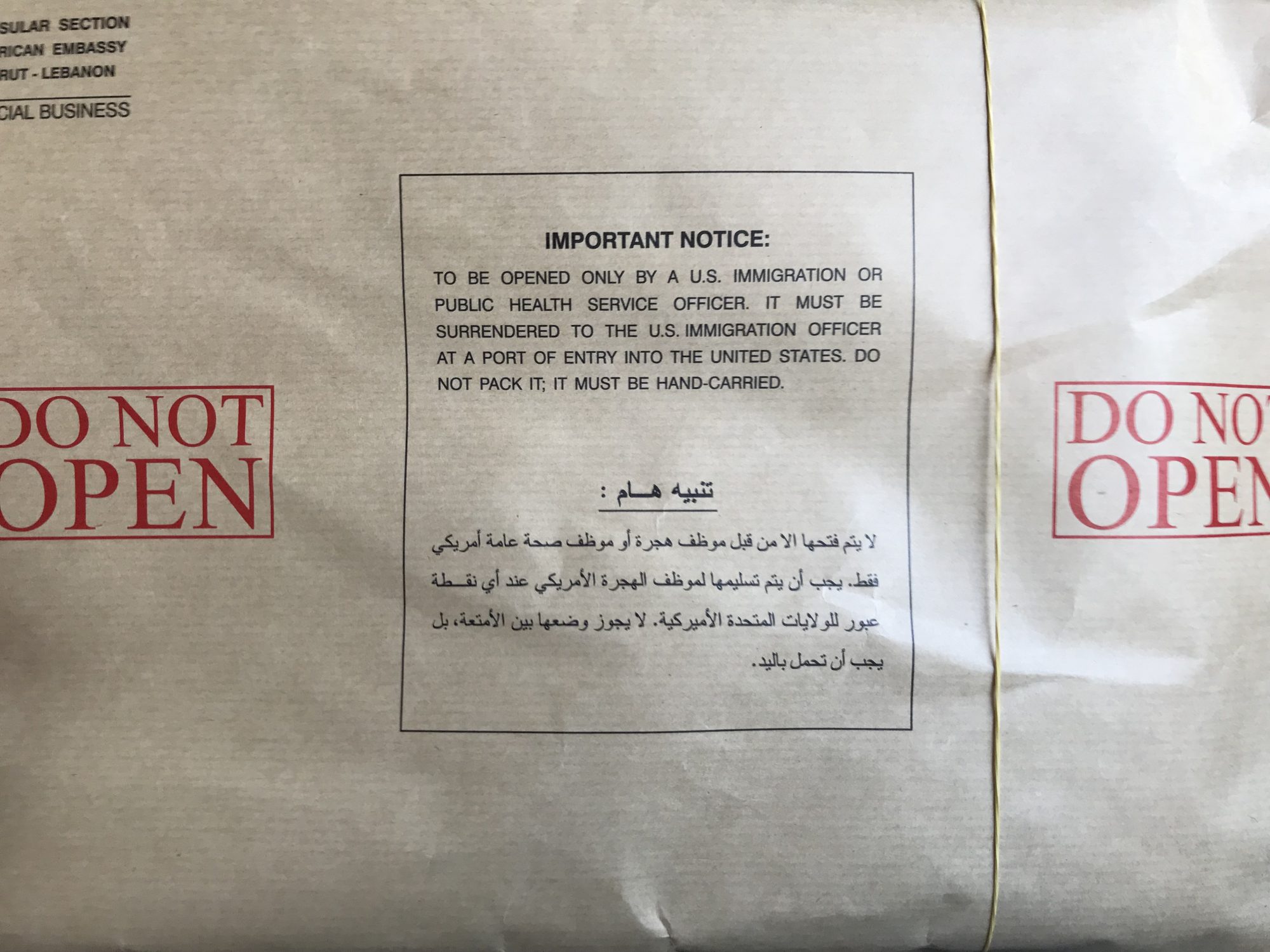#Message
A few days ago, I reconnected to my best friend from 15 years, whom I haven’t seen or spoken to in about half that time; we’d both moved around since that period when we’d hung out almost daily. We caught up, reminisced, & he eventually asked me if I’m on Instagram; I told him he’d be in for a shock.
“So you believe in Jesus and God and all the beautiful things in the Bible now?” Yes. Especially the beautiful things.
We didn’t say much after that, but our brief exchange on a profound shift in my life made me think back to that time when we’d first known each other; those mornings at our corner of the Fine Arts building, those nights out driving towards something to think & feel—much of my personality was shaped by that time, & much of that had to do with the education that formed me.
I think back to Marshall McLuhan, known for quipping: “the medium is the message.” I now know that he was a committed Catholic, & I wonder how that would have affected me, had they told us. The same goes for Michel de Certeau, a figure who came up again & again, though without background nor body—just a text of some use for argumentation.
I don’t think knowing these things would have changed much, tbh. This was a period where friendships were born among people who needed a space in-between, so we maintained strict separations between public & private. We respected each other’s mothers & their particular ways, but we held to something else, on their peripheries.
Paradoxically, it seems that McLuhan also didn’t talk much about his faith in public; he argued that his eyes on the world didn’t need to be explained—“I see things”—but rather, lived out. I really don’t know how that squares with his own theories; the very same message is also very different, depending on the messenger, or channel, or medium—we know this from intimate experience.
Perhaps that’s why I post these things here, the way I do. Perhaps some of you need a space like this to read words like mine.
I don’t know.
Another old friend said this the other day, when I told her that I now work for a church: “You were always my favorite Christian.”
#Beloved
This is a community that I love. I took this photo on Sunday, when I read a poem called ‘Advent Calendar’ by Rowan Williams, the former Archbishop of Canterbury that I sort of met through my job at another church—a place that’s taken me away from this one more often than I‘d like. That’s why I barely recognize any faces in this photo. Though I‘m sometimes saddened by this two-way tug at my time, I love both communities & the wider communion they participate in. I love the potential that our model of church life represents.
The Episcopal Church has a “long-term commitment to racial healing, reconciliation & justice” that it calls Becoming Beloved Community, & symbolizes with a labyrinth, like the one beneath the bonfire. A labyrinth, because, “on the road toward reconciliation & healing, we move around corners & double back into quadrants we have visited before, each time discovering new revelation & challenge. There is no single path for every person or even every Episcopalian. People will draw on different resources and experiences & come to diverse answers to similar questions.”
As with most symbols, this winding path speaks to a lot more than the task that Episcopalians have committed to; becoming Beloved Community cuts to the core of what it means for us to be in meaningful relationship with each other. It’s the great hope of all Christians, but it’s especially pressing for churches like ours—our very structure as spokes around a Bishop is meant to keep us connected, though this very rarely happens. Sure, we occasionally visit each other, & I’ve many friendships by making that effort—but this is in itself somehow a problem. This shouldn’t be extraordinary.
Advent is over & it’s almost 2020; we cannot begin to dream of Beloved Community without being more neighborly. Our tradition has quadrants we’ve yet to fully explore—deaneries, clusters, plural parishes, networks of regional cooperation that we must model more fully before attempting to heal the world. If we cannot love each other, what are we good for?
Christ will come “like crying in the night, like blood”—are we prepared?
